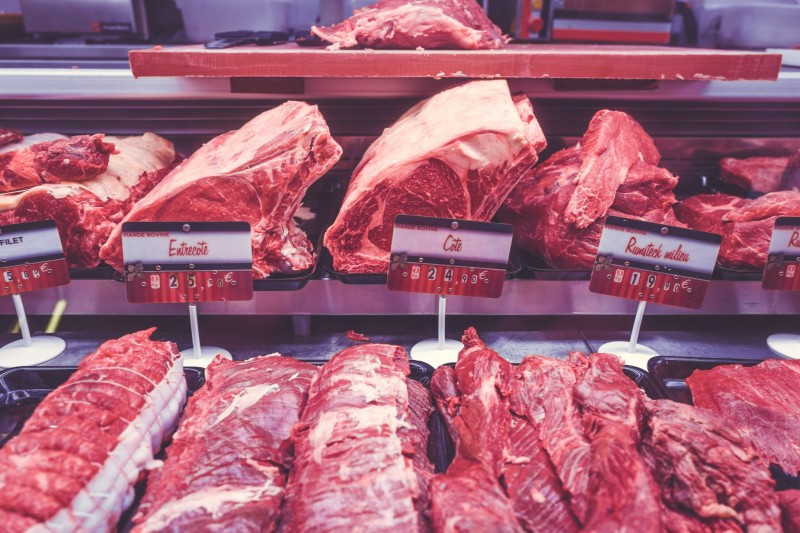
Without warning in the middle of the night, gout strikes. And this is the main reason why it is very difficult to suffer from this condition. But what is it, really?
What is gout?
Gout is a very painful form of arthritis. It occurs when high levels of uric acid in the blood cause crystals to form and accumulate around a joint. It's characterized by sudden, severe attacks of pain, swelling, redness and tenderness in the joints, often the joint at the base of the big toe.
Dietary causes of gout
Here are some of the food and food groups you need to stay away from to avoid gout:
- Red meat and organ meats (liver, tongue and sweetbreads) - These meats have high purine levels and contribute to high blood levels of uric acid
- Selected seafood & shellfish - Avoid this type of food with higher content of purines, including anchovies, herring, sardines, mussels, scallops, trout, haddock, mackerel, tuna, shrimp and lobster
- Refined carbohydrates - Including white bread, white rice, pasta and sugar
- Processed foods - Such as chips, snack foods, frozen dinners
- Sugary beverages
- Alcohol - Thought to increase uric acid production as well as contributing to dehydration, especially beer which is associated with an increased risk of gout and recurring attacks. Distilled liquors also does the same. If you drink alcohol, talk to your doctor about what is appropriate for you. A good limit is no more than one alcoholic drink for women and two for men within 24 hours
Dietary plan for someone with gout
The general principles of a gout diet are generally the same as it would be for a balanced, healthy, wholefood diet:
- Weight loss. Being overweight increases the risk of developing gout. Losing weight lowers the risk of gout and also lessens the overall stress on joints.
- Complex carbs. It is important to eat more fruits, vegetables and whole grains, which provide complex carbohydrates. Avoid foods such as white bread, white pasta, white rice (go for the wholegrain instead), cakes, candy, sugar-sweetened soft drinks and any products with high-fructose corn syrup.
- Water. Drinking water throughout the day is important to keep yourself hydrated. An increase in water consumption has been linked to fewer gout attacks.
- Fats. Limit your intake of saturated fats from red meats, fatty poultry and high-fat dairy products.
- Proteins. Limit your daily intake of proteins from lean meat, fish and poultry to about 113 to 170 grams. Add protein to your diet with low-fat or fat-free dairy products, such as low-fat yogurt or skim milk, which are associated with reduced uric acid levels.
Foods that can help minimise effects of gout:
- Skim milk
- Low-fat dairy products - Like yogurt, cheese, cottage cheese
- Whole-grain products - Look for the Whole Grain stamp or check product labels for ingredients such as "whole wheat flour"
- Plant oils - Such as olive, canola, sunflower
- Vegetables
- Cherries
- Food rich in Vitamin C or Vitamin C supplements - One study showed that 500 mg or more per day decreased gout incidence in men
- Coffee - But only if you drink it already
- Water bottles
|
Do you have a natural health & wellness business? |









